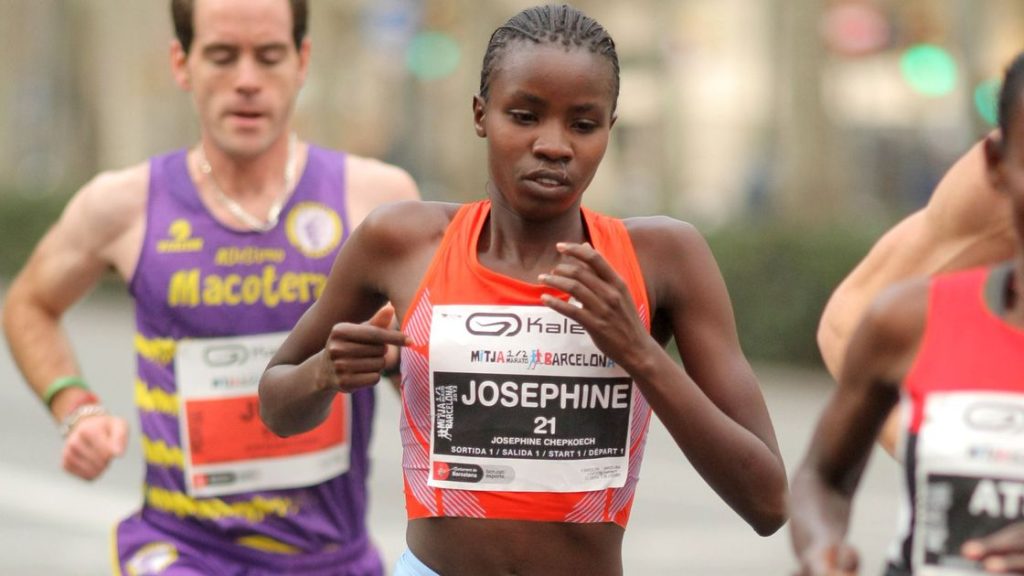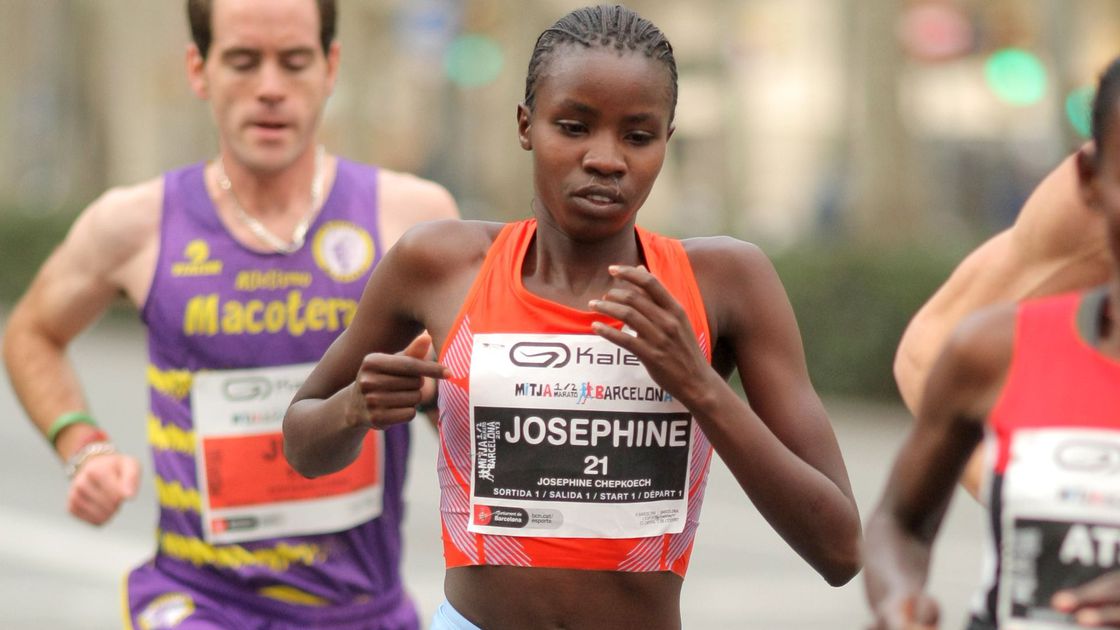 Kenyan marathon runner Josephine Chepkoech has been handed a seven-year ban by the Athletics Integrity Unit (AIU) following her second doping violation. This suspension marks a significant setback in her athletic career, particularly as it comes shortly after a series of notable performances.
Kenyan marathon runner Josephine Chepkoech has been handed a seven-year ban by the Athletics Integrity Unit (AIU) following her second doping violation. This suspension marks a significant setback in her athletic career, particularly as it comes shortly after a series of notable performances.
Chepkoech, 35, achieved a personal best time of 2:22:38 at the Sevilla Marathon in February 2024, finishing second behind Ethiopia’s Azmera Gebru. However, her accomplishment was overshadowed when a urine sample taken after the race tested positive for 5alpha-Adiol and 5beta-Adiol, both metabolites of the banned substance testosterone.

The AIU’s ruling, effective from May 7, 2024, nullifies all her results from February 18, 2024, including her Sevilla Marathon performance. Chepkoech’s violation of anti-doping regulations under Articles 2.1 and 2.2 has led to the disqualification of her results from that event.
In addition to the Sevilla Marathon, Chepkoech also won the Santiago Marathon in Chile in late April. However, this victory has not been recognized by World Athletics due to her doping infraction.
The AIU statement detailed the process leading to Chepkoech’s ban. She received a Notice of Allegation (NOA) for her doping violation and accepted the ruling promptly. “On 9 May 2024, the athlete sent two emails to the AIU stating ‘Accepted’ and ‘I have accepted,'” the AIU reported. “On May 2024, the AIU received an admission of anti-doping Rule Violations and Acceptance of Consequences form signed by the athlete.”
This is not Chepkoech’s first encounter with anti-doping authorities. She previously served a two-year ban from 2015 to 2017 for violating anti-doping rules. Due to her acceptance of the latest ruling and timely response, her original eight-year ban was reduced to seven years.
Chepkoech’s case underscores the ongoing battle against doping in athletics and the stringent measures taken to uphold the integrity of the sport.
























